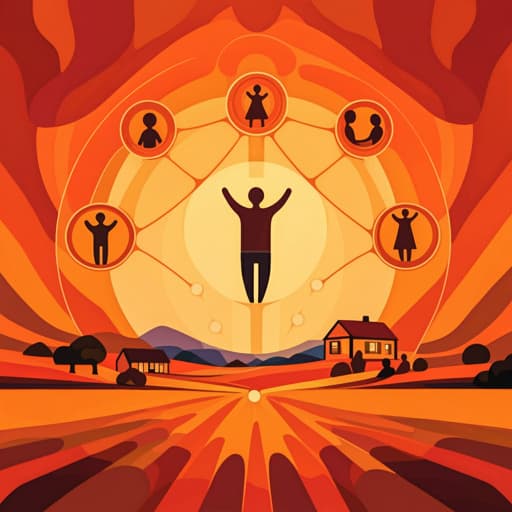
Medicine and Health
Perceptions of the COVID-19 Pandemic on Social, Mental, and Physical Health of Native American and Latino Communities
N. Hohmann, M. Whatley, et al.
This research explores the profound effects of the COVID-19 pandemic on Native American and Latino communities in rural areas, revealing critical insights into mental and physical health challenges. Conducted by a collaborative team of researchers, this study emphasizes the importance of community support in overcoming social and health-related obstacles during these unprecedented times.
~3 min • Beginner • English
Related Publications
Explore these studies to deepen your understanding of the subject.







